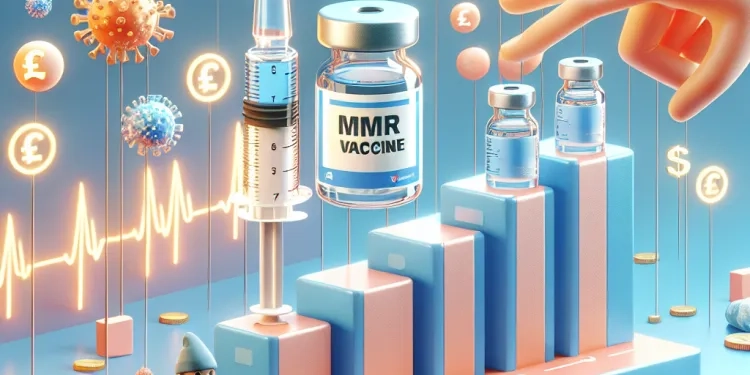
Find Help
More Items From Ergsy search
-
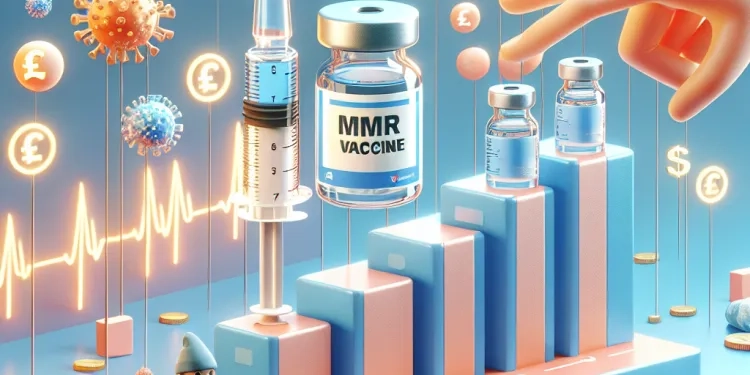
At what age is the MMR vaccine given in the UK?
Relevance: 100%
-

At what age should children receive the MMR vaccine?
Relevance: 93%
-

What is the MMR vaccine?
Relevance: 87%
-

How effective is the MMR vaccine?
Relevance: 84%
-

How effective is the MMR vaccine?
Relevance: 83%
-
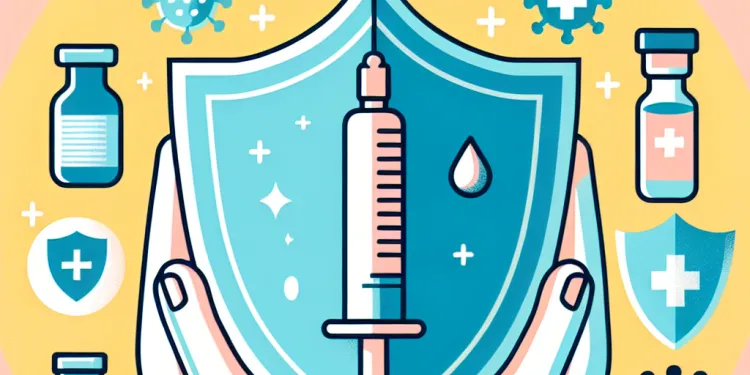
Who should receive the MMR vaccine?
Relevance: 81%
-
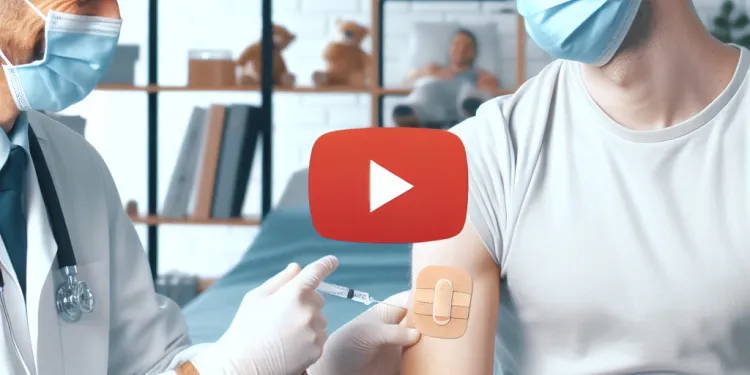
Can adults receive the MMR vaccine?
Relevance: 77%
-

What is the current measles vaccination coverage in the UK?
Relevance: 53%
-
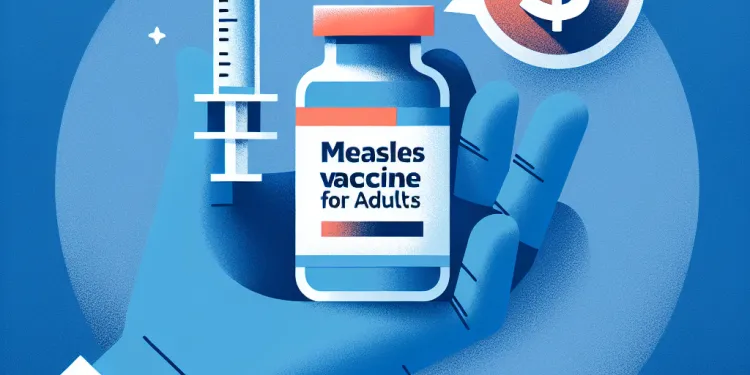
Can the measles vaccine be given to adults?
Relevance: 52%
-
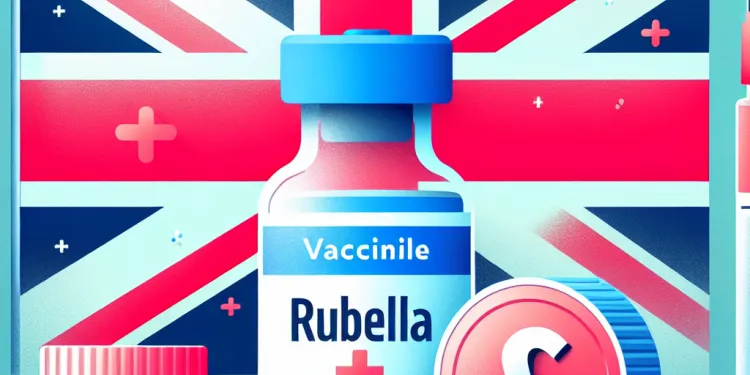
Who should receive the Rubella vaccine?
Relevance: 52%
-

At what age should one get the shingles vaccine?
Relevance: 49%
-

How does vaccination affect measles rates?
Relevance: 48%
-

At what age should one get the shingles vaccine?
Relevance: 48%
-

Children's Vaccination Schedule
Relevance: 48%
-

At what age should children receive the meningococcal vaccine?
Relevance: 48%
-

Can Rubella be prevented?
Relevance: 42%
-

Is it necessary to get a measles vaccine before travelling?
Relevance: 42%
-

What is a live-attenuated vaccine?
Relevance: 40%
-

What are the different types of vaccines?
Relevance: 40%
-

Are vaccines linked to autism?
Relevance: 39%
-

Do I need any vaccine injections for EU countries?
Relevance: 39%
-

Are there vaccines for meningitis?
Relevance: 38%
-
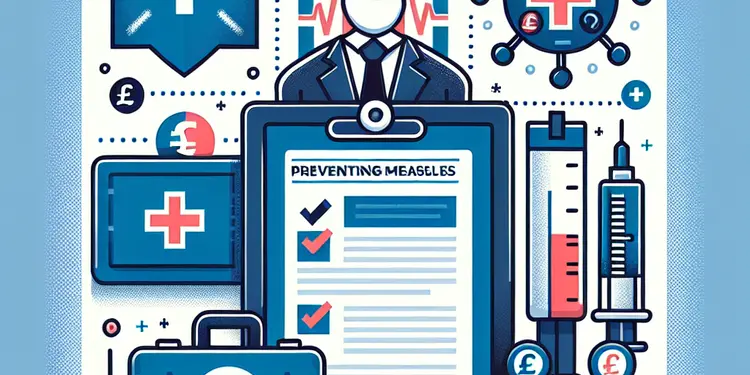
How can measles outbreaks be prevented?
Relevance: 37%
-
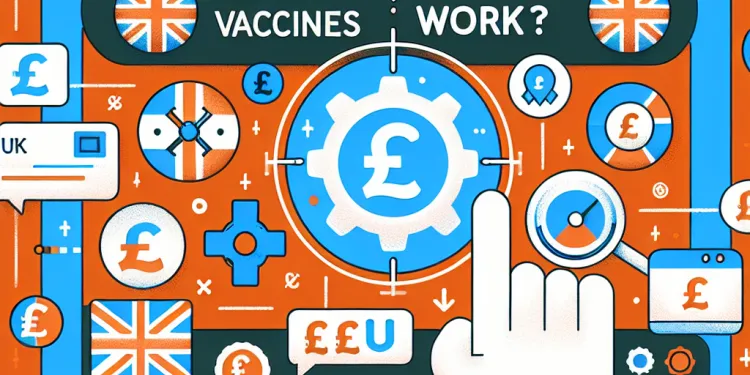
How do vaccines work?
Relevance: 37%
-

Why is measles less common in the UK?
Relevance: 37%
-

Can everyone receive vaccines?
Relevance: 37%
-
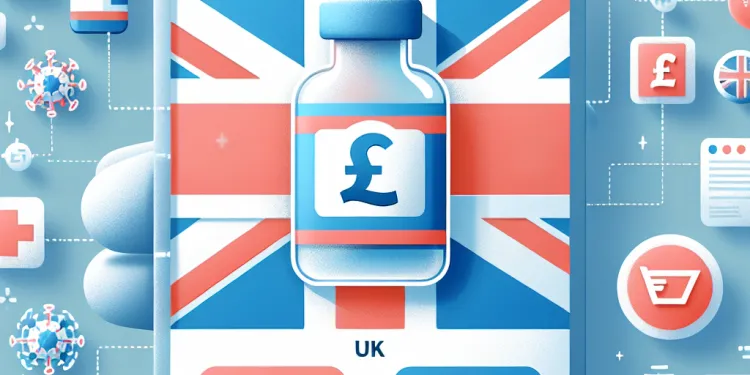
Is the shingles vaccine safe?
Relevance: 37%
-

Is there a vaccine for H3N2?
Relevance: 36%
-
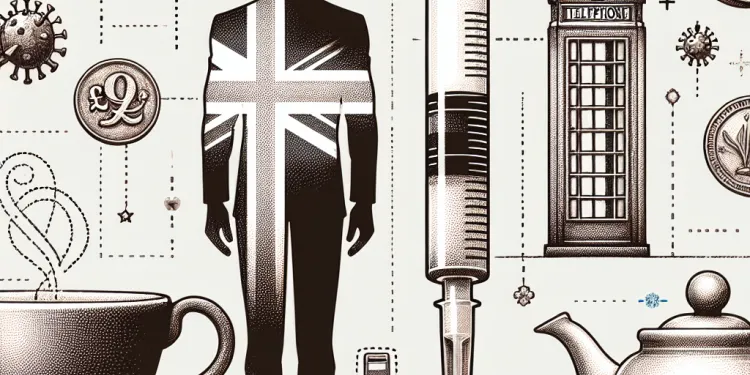
Do men need the HPV vaccine?
Relevance: 36%
-

Is the flu vaccine free for everyone in the UK?
Relevance: 36%
-

What are vaccines and how do they work?
Relevance: 36%
-
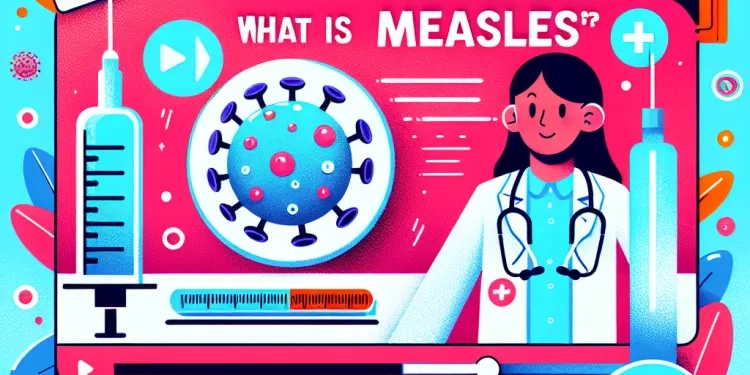
What is measles?
Relevance: 36%
-
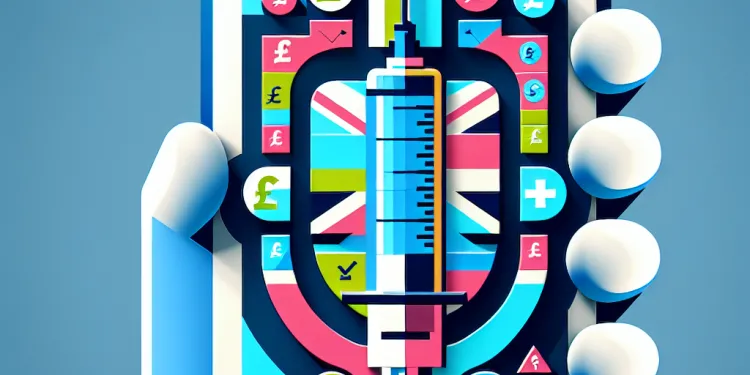
Are vaccines safe?
Relevance: 35%
-

What age group is most at risk for HPV?
Relevance: 35%
-
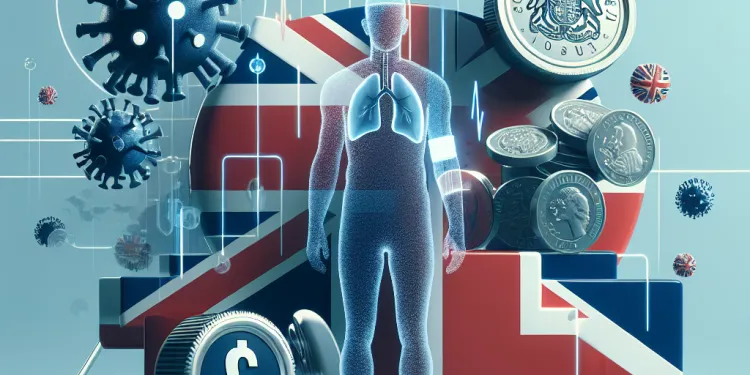
What are the common side effects of vaccines?
Relevance: 35%
-

How effective is the flu vaccine?
Relevance: 35%
-

Is vaccination recommended for seniors against meningitis?
Relevance: 35%
-

Does the CDC recommend meningitis vaccines for adolescents?
Relevance: 34%
-

Who should get the HPV vaccine?
Relevance: 34%
-
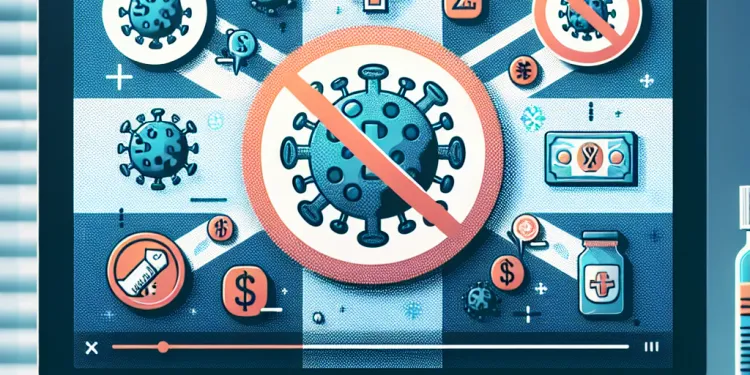
How can measles be prevented?
Relevance: 34%
MMR Vaccine Schedule in the UK
The MMR vaccine is a crucial component of the UK's immunisation schedule. It protects against measles, mumps, and rubella, which are highly contagious viral infections that can lead to serious health complications. Ensuring children receive the MMR vaccine at the appropriate ages is essential for maintaining public health and preventing outbreaks.MMR Immunisation Ages in the UK
In the UK, the MMR vaccine is administered at two key stages in a child's life:First Dose: 12 to 13 Months Old
The first dose of the MMR vaccine is given to children when they are between 12 and 13 months old. This timing coincides with the waning of maternal antibodies that newborns receive, which might otherwise interfere with the vaccine's effectiveness. Administering the vaccine at this age ensures early protection against these diseases and helps to foster widespread immunity in the community.Second Dose: 3 Years and 4 Months Old
A second dose of the MMR vaccine is given at the age of 3 years and 4 months. This booster dose is crucial for ensuring full immunity, as a single dose may not provide complete long-term protection to all individuals. The second dose is carefully scheduled before children start school, where they are more likely to encounter infectious diseases due to increased social interactions.Importance of Adhering to the Schedule
Following the recommended vaccination schedule is essential for the MMR vaccine to be effective in preventing measles, mumps, and rubella. Parents and caregivers are encouraged to ensure timely vaccinations, as delays can leave children vulnerable to these infections. The UK government provides reminders and guidance through healthcare professionals to ensure high vaccination coverage, which is vital for community health and preventing disease outbreaks. In summary, the MMR vaccine is given at 12 to 13 months and again at 3 years and 4 months in the UK. Sticking to this schedule is crucial for protecting children's health and maintaining herd immunity.MMR Vaccine Schedule in the UK
The MMR vaccine helps protect against three diseases: measles, mumps, and rubella. These diseases can make you very sick. In the UK, it's important that children get the MMR vaccine to keep everyone healthy and stop these diseases from spreading.MMR Immunisation Ages in the UK
Children in the UK get the MMR vaccine in two stages.First Dose: 12 to 13 Months Old
The first MMR vaccine is given when children are between 12 and 13 months old. This is because the protection they got from their mothers starts to go away. Getting the vaccine at this time helps keep them safe early on and makes sure lots of people stay protected.Second Dose: 3 Years and 4 Months Old
The second MMR vaccine is given when children are 3 years and 4 months old. This extra dose is important because one shot might not protect everyone for a long time. This dose comes right before children go to school, where they meet lots of other kids.Importance of Adhering to the Schedule
It is important to follow this schedule to protect against measles, mumps, and rubella. Parents and caregivers need to make sure children get their vaccines on time, so they don't get these diseases. The UK government helps by sending reminders and giving advice through doctors and nurses. This keeps everyone safe and healthy. In summary, in the UK, the MMR vaccine is given at 12 to 13 months old and again at 3 years and 4 months old. Sticking to this plan keeps children safe and stops these diseases from spreading to others.Frequently Asked Questions
At what age is the MMR vaccine first given in the UK?
In the UK, the first dose of the MMR vaccine is given to children at around 12 to 13 months of age.
Is there a booster dose for the MMR vaccine in the UK?
Yes, the second dose of the MMR vaccine, often referred to as a booster, is given at 3 years and 4 months of age, typically before a child starts school.
What diseases does the MMR vaccine protect against?
The MMR vaccine protects against measles, mumps, and rubella.
Why is it important to get the MMR vaccine at the recommended age?
Receiving the MMR vaccine at the recommended ages provides early protection against measles, mumps, and rubella, which can all have serious health complications.
Can the first dose of the MMR vaccine be given earlier than 12 months?
In certain cases, such as during outbreaks or for travel to high-risk areas, the MMR vaccine may be given earlier than 12 months, but this is not routine.
What happens if my child misses the scheduled MMR vaccination?
If your child misses a scheduled MMR vaccination, it is important to contact your healthcare provider to arrange for the next available appointment.
Are there any children who should not receive the MMR vaccine?
Children who have severe allergies to any component of the vaccine or who are immunocompromised may need to avoid the MMR vaccine. Consult your healthcare provider for guidance.
How is the MMR vaccine administered?
The MMR vaccine is administered as an injection, usually in the upper arm or thigh of a child.
What are common side effects of the MMR vaccine?
Common side effects include a mild rash, fever, or swelling at the site of injection. These typically resolve without intervention.
Is the MMR vaccine safe?
Yes, the MMR vaccine is considered safe and is rigorously tested for safety and effectiveness. Serious side effects are extremely rare.
Can adults receive the MMR vaccine in the UK?
Yes, adults who have not been vaccinated or who have not had the diseases may receive the MMR vaccine. It's important to consult with a healthcare provider.
Is there a cost for the MMR vaccine through the NHS?
The MMR vaccine is free of charge for children and eligible adults through the NHS in the UK.
Can the MMR vaccine be given at the same time as other vaccines?
Yes, the MMR vaccine can be given at the same time as other vaccines, such as the flu vaccine or other routine childhood vaccinations.
Does receiving the MMR vaccine provide lifelong immunity?
For most individuals, the MMR vaccine provides long-lasting immunity, but in rare cases, additional doses may be necessary.
Where can I find reliable information about the MMR vaccine?
Reliable information about the MMR vaccine can be found through the NHS website or by speaking with your healthcare provider.
When do children get the MMR vaccine for the first time in the UK?
Children in the UK get their first MMR vaccine when they are about 1 year old.
Helpful tip: It's good to mark this date in a calendar, so you don't forget.
You can also ask a doctor or nurse if you have questions about vaccines.
In the UK, babies get their first MMR jab when they are about 12 to 13 months old.
Do you get an extra MMR vaccine in the UK?
Yes, in the UK, children get 2 doses of the MMR vaccine.
The first dose is usually at age 1.
The second dose is at age 3 or 4.
This helps keep them safe from measles, mumps, and rubella.
Yes, the second shot of the MMR vaccine is called a booster. Kids get it when they are 3 years and 4 months old. This is usually before they start school.
What sicknesses does the MMR shot stop?
The MMR shot helps keep you safe from three sicknesses:
- Measles: This is a sickness that gives you a high fever and red spots.
- Mumps: This can make your cheeks and neck swell and feel sore.
- Rubella: This can give you a red rash and a mild fever.
MMR shots are important to keep you healthy.
Helpful tools:
- Use pictures to understand better.
- Ask someone to explain if you're not sure.
The MMR vaccine helps keep your body safe from three illnesses: measles, mumps, and rubella.
Why should you get the MMR shot at the right time?
Getting the MMR shot at the right age keeps you safe from measles, mumps, and rubella. These are sicknesses that can make you very sick.
Can a baby get the first MMR shot before they are 12 months old?
Yes, a baby might get the MMR shot early if needed.
The MMR shot stops measles, mumps, and rubella.
Talk to your doctor for advice.
Use pictures or videos to help explain the MMR shot.
Ask someone to read it with you if you need help.
Sometimes, like when a lot of people are getting sick, or when someone is traveling to places where there is a high risk of getting sick, the MMR shot can be given before a baby is 12 months old. But this doesn't happen all the time.
What if my child misses their MMR shot?
If your child misses their MMR shot, don't worry. You can make a new appointment to get it. The doctor can help you plan the next steps.
The MMR shot is important. It helps protect your child from getting sick with measles, mumps, and rubella.
Ask the nurse or doctor any questions you have. They are there to help you.
You can use a calendar or phone reminder to remember the new appointment date.
It's okay to feel unsure. Asking for help is always a good idea!
If your child misses their MMR vaccine, you should call the doctor. They can help you book the next available appointment.
Should all children get the MMR shot?
Most children can get the MMR shot, which helps protect them from getting sick. But some children should not get it:
- If a child is very sick or has a fever, they should wait until they are better.
- If a child is allergic to something in the shot, they should not get the shot.
- If a doctor has told you not to give your child the shot, follow their advice.
If you are not sure or have questions, ask your doctor. They can help you decide what is best for your child.
Some children may have strong allergies to parts of the vaccine. Other children may have weak immune systems. These children might need to skip the MMR vaccine. Talk to your doctor to find out what to do.
How do you get the MMR vaccine?
The MMR vaccine is given as a shot. A nurse or doctor puts the shot in your arm or leg.
To help, you can:
- Take deep breaths to stay calm.
- Bring a toy or a book to look at.
- Ask a family member to hold your hand.
The MMR vaccine is a shot. The doctor or nurse gives the shot in the upper arm or leg of a child.
What are common side effects of the MMR vaccine?
The MMR vaccine helps protect you from measles, mumps, and rubella. Like other medicines, it can have side effects. These are things that might happen after you get the vaccine.
Some common side effects are:
- A sore arm where you got the shot
- A mild fever
- A mild rash
- Feeling tired
These side effects are usually mild and go away on their own.
Sometimes, you might find it helpful to use pictures or talk with someone about how you feel. You can also write down any side effects you notice and share them with a doctor or nurse.
Some things that might happen are getting a small rash, having a fever, or seeing some swelling where you got the shot. These usually go away on their own.
Is the MMR vaccine safe?
The MMR vaccine is safe. It helps stop you from getting sick from measles, mumps, and rubella. Many doctors say it is a good idea to get this vaccine.
If you are unsure about the vaccine, ask a doctor or nurse. They can help you decide what is best for you.
To help understand more, you can:
- Watch a video about the MMR vaccine.
- Ask someone you trust to explain it to you.
- Use simple apps that explain vaccines in easy words.
Yes, the MMR vaccine is safe. It is tested a lot to make sure it works well. Serious side effects almost never happen.
Can grown-ups get the MMR jab in the UK?
Yes, grown-ups can get the MMR jab in the UK. The MMR jab helps protect against measles, mumps, and rubella.
If you did not have the jab as a child, you can still have it now.
To understand better, you can:
- Ask a doctor or nurse.
- Use easy-to-read websites like the NHS website.
Yes, grown-ups who did not get the MMR shot, or did not have the sickness, can get the MMR shot. It's important to talk to a doctor or nurse.
Do you have to pay for the MMR vaccine with the NHS?
The MMR vaccine is free on the NHS. This means you do not need to pay money to get it.
If you need help understanding vaccines, you can:
- Ask a nurse or doctor.
- Take someone you know to the appointment.
- Look at pictures or videos about the vaccine.
The MMR vaccine is a shot that helps you stay healthy. It is free for kids and some adults in the UK. You get it from the NHS, which is the health service.
Can children get the MMR shot with other shots?
Yes, kids can have the MMR shot with other shots. It is safe to do this. The doctor or nurse can give these shots in one visit.
If you find these words hard to read, you can ask someone to help you. Listening to the words can make it easier to understand.
You can also use a pointer or your finger to follow the words while reading.
Yes, children can get the MMR vaccine and other vaccines, like the flu shot, together. It is safe to get them at the same time.
Does the MMR shot protect you forever?
The MMR shot helps keep you safe from measles, mumps, and rubella. It does not always protect you forever, but it works really well. Many people stay safe for most of their lives.
You can stay healthy by:
- Getting your shots on time.
- Visiting the doctor for check-ups.
If you are unsure, ask your doctor or a nurse. They can help you understand more.
Most people do not get sick with measles, mumps, or rubella after they get the MMR shot. The shot helps them stay protected for a long time. But sometimes, a few people might need more shots to stay safe.
Where can I find good information about the MMR vaccine?
You can look on these websites:
- The NHS website
- The CDC website
If you need help reading, try:
- Asking someone to read it with you
- Using a screen reader tool
- Listening to audio versions if available
You can get good information about the MMR vaccine by visiting the NHS website. You can also talk to your doctor or nurse.
Useful Links
This website offers general information and is not a substitute for professional advice.
Always seek guidance from qualified professionals.
If you have any medical concerns or need urgent help, contact a healthcare professional or emergency services immediately.
Some of this content was generated with AI assistance. We’ve done our best to keep it accurate, helpful, and human-friendly.
- Ergsy carfully checks the information in the videos we provide here.
- Videos shown by Youtube after a video has completed, have NOT been reviewed by ERGSY.
- To view, click the arrow in centre of video.
- Most of the videos you find here will have subtitles and/or closed captions available.
- You may need to turn these on, and choose your preferred language.
- Go to the video you'd like to watch.
- If closed captions (CC) are available, settings will be visible on the bottom right of the video player.
- To turn on Captions, click settings .
- To turn off Captions, click settings again.
More Items From Ergsy search
-

At what age is the MMR vaccine given in the UK?
Relevance: 100%
-

At what age should children receive the MMR vaccine?
Relevance: 93%
-

What is the MMR vaccine?
Relevance: 87%
-

How effective is the MMR vaccine?
Relevance: 84%
-

How effective is the MMR vaccine?
Relevance: 83%
-

Who should receive the MMR vaccine?
Relevance: 81%
-

Can adults receive the MMR vaccine?
Relevance: 77%
-

What is the current measles vaccination coverage in the UK?
Relevance: 53%
-

Can the measles vaccine be given to adults?
Relevance: 52%
-

Who should receive the Rubella vaccine?
Relevance: 52%
-

At what age should one get the shingles vaccine?
Relevance: 49%
-

How does vaccination affect measles rates?
Relevance: 48%
-

At what age should one get the shingles vaccine?
Relevance: 48%
-

Children's Vaccination Schedule
Relevance: 48%
-

At what age should children receive the meningococcal vaccine?
Relevance: 48%
-

Can Rubella be prevented?
Relevance: 42%
-

Is it necessary to get a measles vaccine before travelling?
Relevance: 42%
-

What is a live-attenuated vaccine?
Relevance: 40%
-

What are the different types of vaccines?
Relevance: 40%
-

Are vaccines linked to autism?
Relevance: 39%
-

Do I need any vaccine injections for EU countries?
Relevance: 39%
-

Are there vaccines for meningitis?
Relevance: 38%
-

How can measles outbreaks be prevented?
Relevance: 37%
-

How do vaccines work?
Relevance: 37%
-

Why is measles less common in the UK?
Relevance: 37%
-

Can everyone receive vaccines?
Relevance: 37%
-

Is the shingles vaccine safe?
Relevance: 37%
-

Is there a vaccine for H3N2?
Relevance: 36%
-

Do men need the HPV vaccine?
Relevance: 36%
-

Is the flu vaccine free for everyone in the UK?
Relevance: 36%
-

What are vaccines and how do they work?
Relevance: 36%
-

What is measles?
Relevance: 36%
-

Are vaccines safe?
Relevance: 35%
-

What age group is most at risk for HPV?
Relevance: 35%
-

What are the common side effects of vaccines?
Relevance: 35%
-

How effective is the flu vaccine?
Relevance: 35%
-

Is vaccination recommended for seniors against meningitis?
Relevance: 35%
-

Does the CDC recommend meningitis vaccines for adolescents?
Relevance: 34%
-

Who should get the HPV vaccine?
Relevance: 34%
-

How can measles be prevented?
Relevance: 34%


